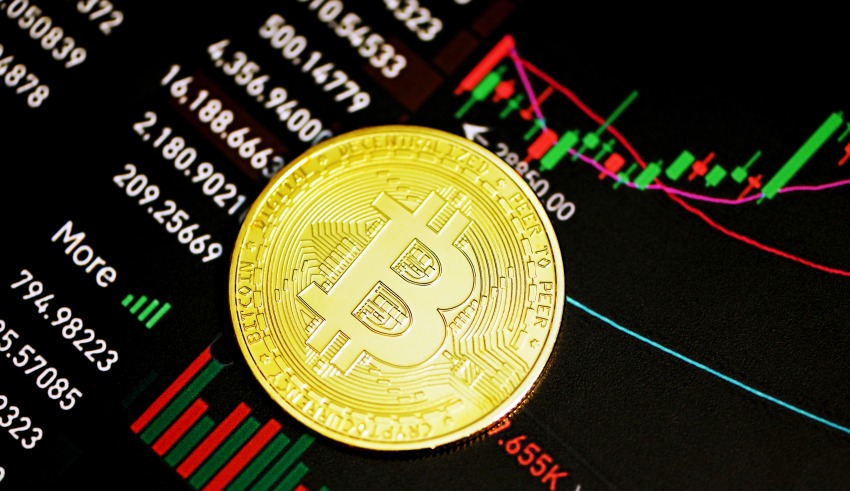
The debate about a Bitcoin ban in the EU recently surprised investors. Now the responsible committee reacts to the criticism – and intervenes. Crypto investors are pretty used to harsh regulations.
So when the EU plans to ban Bitcoin within the Union effectively became public last week, many crypto enthusiasts reacted with outrage. If you are interested in bitcoin trading, visit dogecoin millionaire to acquire an utter guide to crypto trading.
The news startled investors in the EU. Now the politicians have responded. The vote planned for last Monday fell through, as WirtschaftsWoche reported in advance. The specialist medium “BTC Echo” now reports that the corresponding paragraph has been deleted. The reports provided a ban on cryptocurrency services.
It was based on ecologically unsustainable consensus mechanisms, such as Bitcoin. In the case of cryptocurrencies, the consensus mechanism is the process used to ensure that all participants have a uniform data status in the blockchain – a decentralized, digital data register.
Crypto investors can therefore take a deep breath: A ban on digital currencies such as Bitcoin is off the table for the time being with the deletion of the paragraph.
The responsible committee admits that the plans were formulated misleadingly. Committee rapporteur Stefan Berger (CDU) told the media that the plans should not “be misinterpreted as a de facto Bitcoin ban”.
The committee is now advising on how to proceed concerning Bitcoin regulation. It is still unclear when this will ultimately be voted on in the EU Parliament. So far, the EU Commission has opposed a Bitcoin ban.
The committee’s original draft stipulated that starting January 1, 2025, it would have been banned from issuing or admitting to trading non-ecological crypto assets in the EU.
Cryptocurrencies, the document said, could hamper efforts by the European Union and worldwide to meet climate and sustainability goals. However, possession of such digital currencies would continue to be permitted.
The reason is the so-called mining.
During mining, new bitcoins are mined, i.e. created. This process is exceptionally energy-intensive because it involves a lot of power. The University of Cambridge recently concluded that bitcoin mining consumes 130 terawatt-hours of electricity per year.
Bitcoin production thus consumes more electricity than the Netherlands. There is also electronic waste because mining computers and other hardware have to be replaced.
“Trying to ban bitcoin is foolish.”
The plans of the EU committee met with significant criticism. The FDP Member of Parliament Frank Schäffler is a blockchain expert and said beforehand: “The attempt to ban Bitcoin in Europe is foolish. It will not succeed and will only ensure that fin-tech and service providers will emigrate.”
A ban would have primarily affected cryptocurrencies that, like Bitcoin, work according to the proof-of-work mechanism. The second-largest cryptocurrency, Ether, still uses this consensus model but will introduce the less energy-intensive proof-of-stake mechanism. On the other hand, Cardano coin Ada is already using it. New coins and transactions are not released by additional computing power but by validators in the network.
But that would not have helped fin-tech and crypto trading places. With a market dominance of a good 40 percent, Bitcoin is still the driving force on the crypto market. A ban would have destroyed a considerable chunk of their industry.
Fluctuation in recent times on Share market and crypto market
In addition, with a share of a good 23 percent, tech stocks are the most strongly represented in the index. Eight of the ten most significant holdings in the index belong to the sector. With about 4.7 percent, the Apple share is the most significant single position in the MSCI World Index. Tech stocks were recently hit because the US Federal Reserve announced a faster exit from loose monetary policy.
The incredible market power of the MSCI World ETFs could now lead to problems in times of crisis. The index is trendy, especially among new investors who invested money in the capital market for the first time in the wake of the corona pandemic. They were socialized with steadily increasing courses. Now they get to know times with more substantial price fluctuations and setbacks. As a result, there is a risk that more and more investors will withdraw capital.







